Reflections from FBCI Director Carol Wyant
Dear Friends,
Many of you may have already heard that I will step down as the executive director of FBCI at the end of this year. I will continue to serve on the Board of Directors. It’s been a wonderful 10 years at the head of this organization, and I have thoroughly enjoyed my work with so many dedicated, knowledgeable, and genuinely good people during my tenure as founding Executive Director.
I am excited to announce that as the result of a nation-wide search FBCI selected Joel Russell, who will come in as full-time Executive Director on February 1, 2014. I am confident Joel brings the vision, organizational savvy, and deep knowledge of Form-Based Coding needed to propel the FBCI mission further on the path to fruition. As a continuing board member I will be cheering him on and look forward to much future success for the organization and the movement.
In the spirit of its new leadership FBCI is exploring many additional new ideas. We invite your suggestions for how we can expand the use and effectiveness of Form-Based Coding in the months and years to come. Please share your comments. Your thoughts are welcome!
As we come to the end of this year, and I reflect upon my years as Executive Director, I want to recall the beginnings and some of the highlights of FBCI…
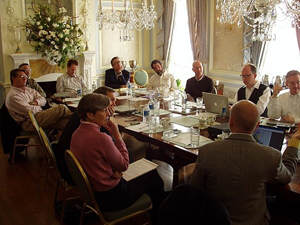
Our first meeting at the Driehaus Estate
During October 1-3, 2004 the gracious hospitality of Richard Driehaus at his Estate in Lake Geneva, Wisconsin provided the setting for a gathering instigated by Peter Katz who invited leading practitioners of Form-Based Coding to discuss current best practices. These urban designer-architects, planners and real estate attorneys were so excited to talk about their craft across disciplines and without a project deadline, that attorney Sam Poole invited everyone to meet again March 5-7, 2005 at his office in Fort Lauderdale. In the interim groups worked on self-assigned tasks including threshold criteria defining a FBC, a model RFP, and a FBC short course and syllabus.
Joining these colleagues at the March meeting was Arthur C. Nelson, Ph.D., who presented his research predicting that by 2025 there would be 70% more buildings on the ground than currently. Designed well, this development could heal urban design errors of the last century but, in order to achieve this result, current zoning practices would have to change. Nelson offered those assembled the opportunity to create and teach courses on Form-Based Coding through his Academy for the New Urbanism, housed at the Virginia Tech Alexandria campus. Seizing Nelson’s offer as a way to jumpstart its mission, FBCI formalized its organizational structure as a not-for-profit organization, led by its elected Chairman Paul Crawford, and launched its 3-course series in November that same year.
The FBCI Board of Directors, 18-members strong, realized that the only way to have the impact needed on future community development would be to give away the hard-earned knowledge of its members to as many people as possible. In addition to its 3-course series, FBCI developed a website and an annual awards program to recognize Form-Based Codes that could serve as models for emulation by others. Webinars, blog-posts, and presentations at conferences and meetings were added to further the FBCI Mission “to advance the knowledge and use of, and develop standards for, Form-Based Codes as a method to achieve a community vision based on time-tested forms of urbanism.
As the FBC knowledge base became more widespread, FBCI expanded its organizational structure, inviting respected FBC supporters to join its Resource Council and Advisory Board. These members have helped enormously to share their knowledge, support FBCI and improve the built environment.
In 2012 FBCI adopted a new Strategic Plan and, at my urging, included in that plan the objective to hire a full-time executive director. I have only able to serve on a part-time basis, and I was convinced a full-time director was necessary to support the continued growth and effectiveness of the Form-Based Coding movement. Now, with Joel taking the helm, we look forward to exciting years ahead for the FBC movement!

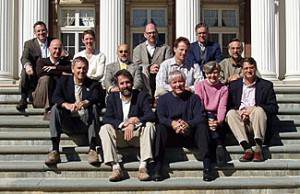

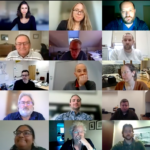
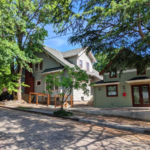
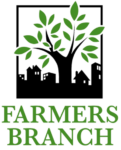
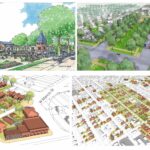
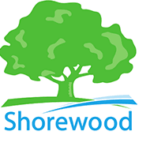
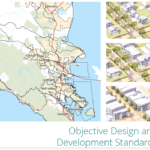
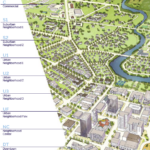
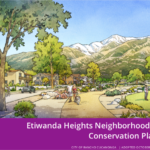
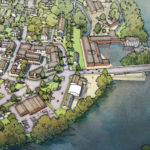
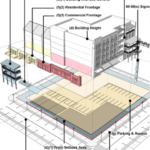


Thanks, Carol, for all of your hard-work and dedication!!
Karen Parolek
Cheering for you as always, you are a true professional and a wonderful friend!!!!! Nancy